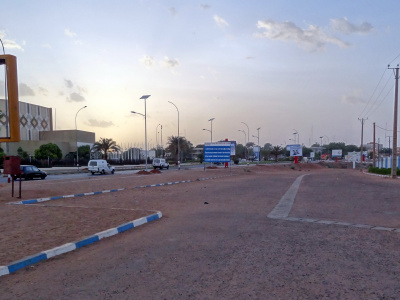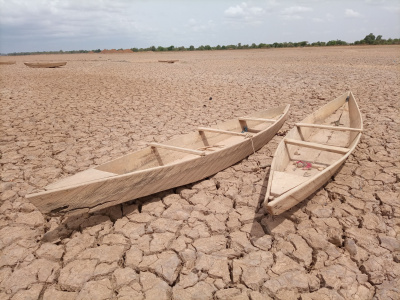
Understanding Islamic activism in Central Asia and West Africa and the Sahel
Perceptions and understanding of Islamic activism often tends to be oversimplified, equated with extremism or lacking depth and diversity. Kawsar Laanani, Sara Gianesello, Sophie Desmidt and Aksana Ismailbekova analyse Islamic activism in Central Asia and West Africa and the Sahel, covering history and politics, gender and digitalisation, and the roles of external actors and foreign funding.
Summary
The Taliban’s rise to power in Afghanistan in 2021 has triggered renewed attention towards Central Asian countries, including by the European Union. Similarly, the proliferation of coup d'états and the escalating presence of jihadist groups in West Africa and the Sahel have highlighted new security challenges for policymakers. Within these disparate contexts, the perception and understanding of Islamic activism often tends to be oversimplified, equated with extremism or lacking depth and diversity.
This paper brings together insights from these distinct regions, seeking to comprehend the trajectory of Islamic activism within each of them and offering a combined analysis that underscores similarities and differences. The paper aims to present a comprehensive understanding of Islamic activism in the selected Central Asian countries of Kazakhstan, Kyrgyzstan, Tajikistan and Uzbekistan, and the West African/Sahelian countries of Burkina Faso, Mali, Nigeria and Senegal.
The paper covers historical and political influences, the significance of gender and digitalisation, and the roles of external actors and foreign funding in shaping Islamic activism. It encompasses the complex interactions between governments, Islamic actors, and violent extremist groups in these regions. The paper also offers policy-relevant insights, recognising for instance the diverse roles of Islamic actors and the importance of engaging with local religious dynamics sensitively. Ultimately, these insights are essential for crafting effective policies, interventions, diplomatic relations, and sustainable development strategies in regions characterised by complex Islamic activism dynamics.






